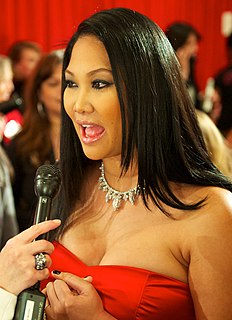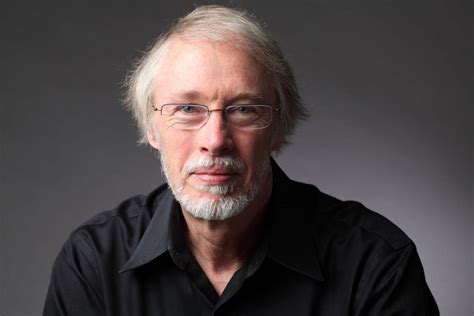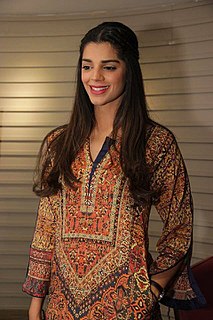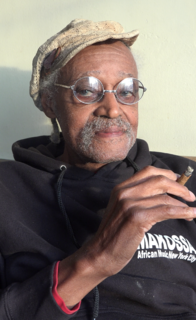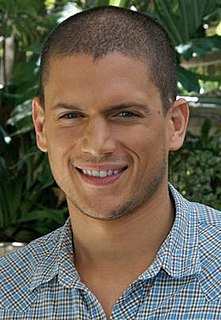Цитата Энтони Горовица
Отношения между писателями и издателями, конечно, очень странные и все время меняются, как на качелях.
Связанные цитаты
..немногим писателям нравятся произведения других писателей. Они нравятся им только тогда, когда они мертвы или умерли уже давно. Писатели любят нюхать только собственное дерьмо. Я один из тех. Я даже не люблю разговаривать с писателями, смотреть на них или, того хуже, слушать их. И хуже всего с ними пить, они все обслюнявятся, действительно выглядят жалко, выглядят так, будто ищут крыло матери. Я лучше буду думать о смерти, чем о других писателях. Гораздо приятнее.
В каком-то смысле «Остаться в живых» или, может быть, телевидение в целом — это своего рода контракт между сценаристами и зрителями. И актеры — конечно, мы имеем к этому большое отношение — но место, где создается драма, своего рода место встречи умов, происходит между этими двумя сторонами: сценаристами и публикой.
Я помню, как стоял на углу улицы с чернокожим художником Бофордом Делани в Виллидж, ожидая, когда загорится свет, и он указал вниз и сказал: «Смотрите». Я посмотрел и увидел только воду. И он сказал: «Посмотри еще раз», что я и сделал, и увидел масло на воде и отражение города в луже. Это было для меня большим откровением. Я не могу это объяснить. Он научил меня видеть и доверять увиденному. Художники часто учили писателей тому, как видеть. И когда у вас есть этот опыт, вы видите по-другому.
Китайцам нравится государство-сателлит [Северная Корея] между Китаем и нашими войсками, они опасаются, что в объединенной Корее американские войска окажутся у реки Ялу, и они уже видели этот фильм раньше. Им не понравилось это в первый раз, когда они увидели это, и сегодня им это нравится не больше. Так что они вполне довольны разделенным Корейским полуостровом, и это фундаментальное различие между тем, как они видят вещи, и тем, как мы видим вещи.
Люди кажутся отдельными, потому что вы видите, как они ходят по отдельности. Но тогда мы так устроены, что можем видеть только настоящий момент. Если бы мы могли видеть прошлое, то, конечно, оно выглядело бы по-другому. Ибо было время, когда каждый мужчина был частью своей матери, а (еще раньше) частью своего отца, и когда они были частью его дедушки и бабушки. Если бы вы могли видеть человечество растянутым во времени, как его видит Бог, оно выглядело бы как одно растущее существо, а скорее как очень сложное дерево. Каждый индивидуум будет казаться связанным со всеми остальными.

